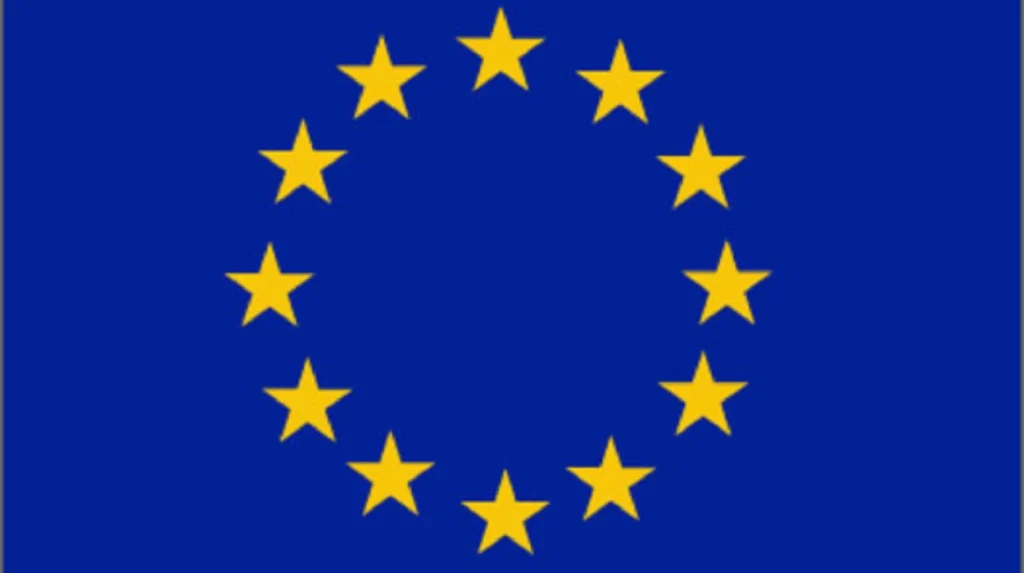China has announced preliminary anti-dumping duties on pork imports from the European Union ranging from 15.6% to 62.4%, effective from September 10, 2025. This move by Beijing marks a significant escalation in ongoing trade tensions between the two economic powers, complicating an already fragile relationship affected by geopolitical and economic disputes.
Background of China’s Anti-Dumping Duties on EU Pork
The Ministry of Commerce of the People’s Republic of China voiced its concern after an investigation, which began in June 2024 at the request of the Chinese Livestock Association representing domestic producers. The probe concluded that European pork imports were “dumped,” meaning they were allegedly sold at unfairly low prices, causing material injury to the Chinese pig industry.
The duties announced are provisional and will remain in place as the investigation continues, with the final decision expected in December 2025. Several European exporters, particularly those from Spain, Denmark, and the Netherlands, who cooperated with the investigation, will face tariffs between 15.6% and 32.7%. Other exporters are subject to the highest duty of 62.4%.
Scale and Economic Significance of the Pork Trade
China is the world’s largest consumer of pork and imported pork products from the EU valued at over €2 billion last year. Spain, a major pork producer, alone exported pork worth approximately 4.3 billion yuan ($604 million) to China in 2024. France also exported significant quantities, estimated at 115,000 tonnes during the same period.
Belgium, whose pork exports to China resumed only recently after previous bans due to swine fever outbreaks, expects a considerable impact, especially on by-products like pig trotters and ears, which are highly prized in Chinese cuisine but have few alternative markets within Europe.
EU’s Response and Commitment to Protect Producers
The European Commission immediately reacted to China’s announcement, labeling the dumping allegations as “questionable.” Commission spokesperson Olof Gill assured that the EU would “take all the necessary steps to defend our producers” as the trade spat intensifies.
The EU’s response highlights the seriousness with which Brussels views this dispute. The tariffs come in retaliation to the EU’s earlier decision to impose additional duties on Chinese electric vehicles, further exacerbating bilateral tensions. European officials perceive China’s tariffs as politically motivated measures rather than trade-based decisions.
Industry Concerns and Market Impact
Michael Gore, managing director of Febev, Belgium’s federation for slaughterhouses and meat wholesalers, underscored the practical consequences of these tariffs. Gore explained that
“the tariffs will certainly have an impact on production and the value of pig carcasses.”
He pointed out these particular pork by-products are a complementary product for Belgium since they are not commonly consumed locally but fetch premium prices in China.
Gore also warned about logistical disruptions, noting that many shipments are already in transit and will be affected by the new duties. “Dozens of containers are now at sea and will be caught out by the measure,” he stressed, expressing the immediate financial consequences for exporters.
Broader Context of EU-China Trade Relations
The pork duties occur amid a complex web of geopolitical tensions between China, the EU, and their respective allies. China’s decision to place tariffs coincides with diplomatic challenges, including Europe’s criticisms of China’s close ties with Russia and North Korea. EU leaders accuse Beijing of not condemning Russia’s invasion of Ukraine, which has strained relations further.
The trade measures should be seen not just as isolated economic disputes but as part of a broader struggle for influence and adherence to international trade rules. The EU continues to seek dialogue with Beijing to resolve these issues, but recent moves suggest limited optimism for a swift resolution.
Potential for Negotiations and Future Outlook
China has expressed willingness to engage in dialogue to address trade frictions. The Ministry of Commerce emphasized willingness to handle the issue through “dialogue and consultation,” leaving a tentative door open for negotiation amid rising tariffs.
Experts caution, however, that the extension of the investigation until December leaves little room for quick compromises. Analysts suggest the EU and China are preparing for a prolonged trade dispute unless political will advances meaningful negotiation.
China’s imposition of preliminary anti-dumping duties on EU pork imports marks a critical development in Europe-China trade relations, with potentially damaging effects for European pork producers, particularly in countries such as Belgium, Spain, and France. The European Commission’s vow to defend its producers underscores the significance of this dispute. As tensions escalate, the coming months will be crucial in determining whether diplomatic negotiations can prevent further deterioration or if the conflict will deepen, impacting global trade dynamics.







